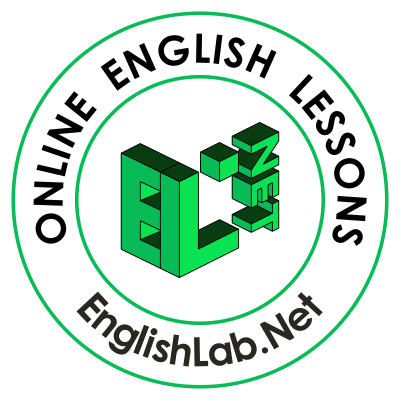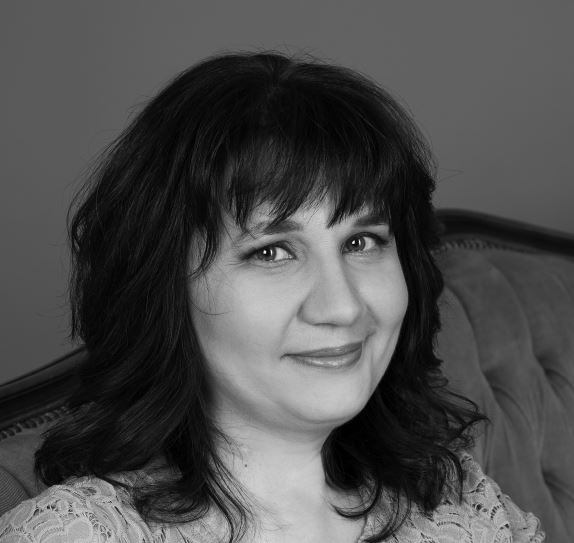Hi there, my name is Anastasia Stacey Andros (yep, that’s my true full name, feel free to call me “Stacey”, though, if you choose to get in touch by email or connect on LinkedIn) and I am the person behind EnglishLab.Net, which is a privately managed website for learners and teachers of English as a Foreign or Second Language. I would eventually like it to grow to be a fully fledged educational technology portal devoted to teaching and learning different languages … simply because English is not the only language that is worth learning! There are many more out there and I, for one, am fluent in three – English, Estonian, and Russian – and I am still learning them all. These days I work as a teacher of English and Estonian to older adults. I am also a big fan of German, Italian and French, and I am considering learning some conversational Spanish and Ukrainian in the near future.
Over the years (I am in my 40s now), I have noticed that the older people get, the less likely they are to venture to learn new skills. More often than not the reason is the ageing brain (more so than the ageing body). This should explain why I have become increasingly interested in memory rescue in middle and old age along with neuroscience. Amongst other things, I am trying to understand how EdTech use can help people learn and/teach, and enjoy life, hence all those seemingly unrelated posts on this website. I am trying to connect things in ways that aid life.
EnglishLab.Net (the webs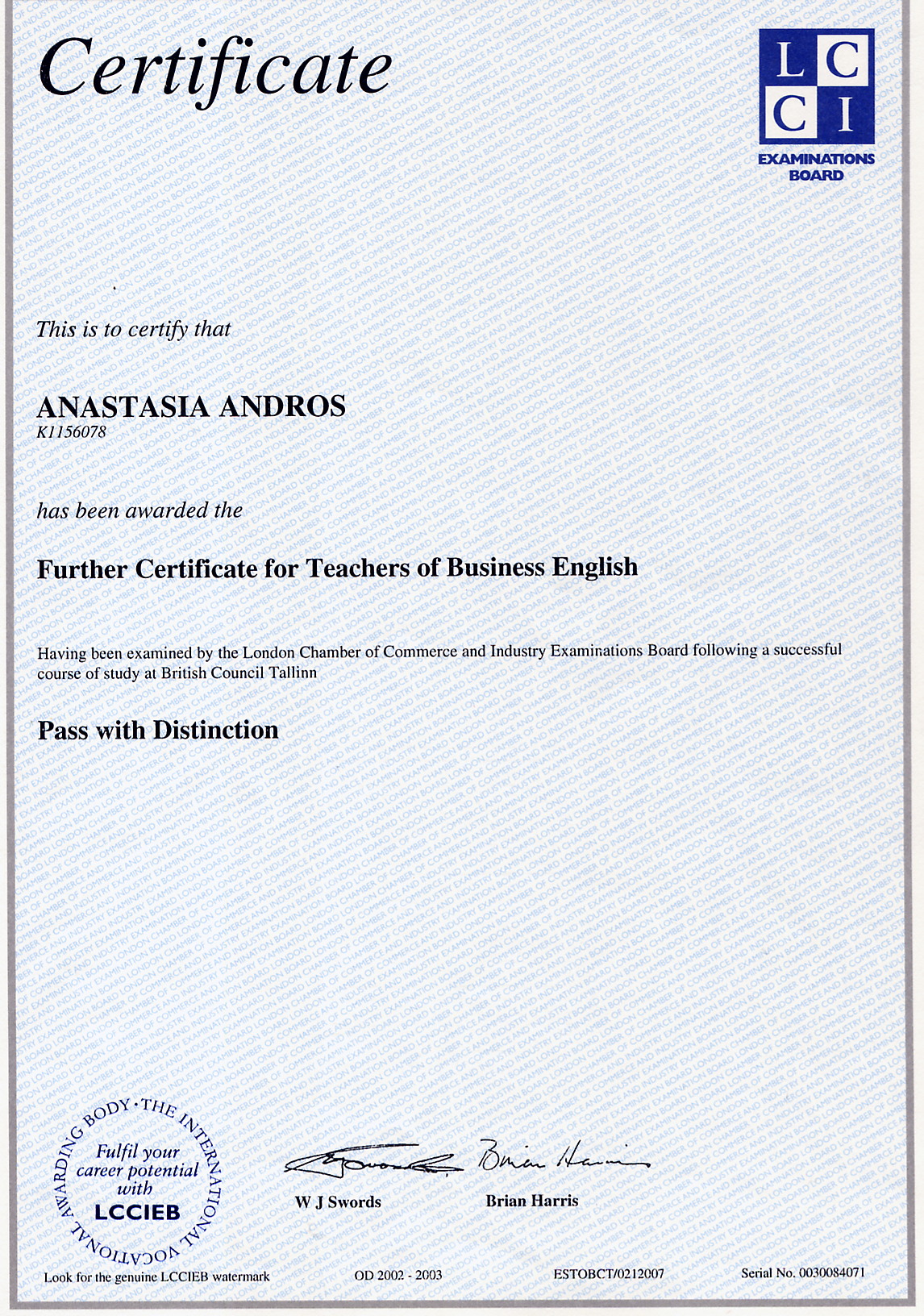 ite) is both my hobby and a personalized teaching tool which I use in my job (working for various educational institutions) and in my studies. The portal has been affiliated with its namesake EnglishLab.Net OÜ (registered in Estonia, Reg 11713192, KKMR / VAT EE101411556) – a private limited company that sells and renders electronically educational language services such as online English lessons by Skype and other IP telephony solutions as well as web-based learning management systems since 2009.
ite) is both my hobby and a personalized teaching tool which I use in my job (working for various educational institutions) and in my studies. The portal has been affiliated with its namesake EnglishLab.Net OÜ (registered in Estonia, Reg 11713192, KKMR / VAT EE101411556) – a private limited company that sells and renders electronically educational language services such as online English lessons by Skype and other IP telephony solutions as well as web-based learning management systems since 2009.
Further to who I am and what I am, I can say that in the 2010s I would describe myself solely as an EFL (English as a Foreign Language) teacher. Before 2009 I would teach mostly onsite (face-to-face); however, ever since I founded EnglishLab.Net OU (2009), I have taught mostly online using the ELN Classrooms (ELN LMS 2.0 since 2020) and have evolved into (a kind of) a LO (learning object) developer and e-teacher trainer.
Many things have changed in the pre-COVID19 decade. These days I am also an Educational Technologist (a VLE developer) and a tour guide in Tallinn, Estonia, where I live and work. If you are ever in Tallinn, I will be happy to show you around.
As a teacher of English, I have taught General and Business English, ESP (English for Specific Purposes) and exam preparation classes such as ETS examinations, especially TOEFL and SAT, IELTS, and Cambridge ESOL Examinations since 1998. I have taught people of various – primarily European and Asian – ethnic backgrounds. I have a lot of experience teaching speakers of Estonian, Russian, and Ukrainian. I have also taught ethnic Lithuanians, Japanese, Georgians, Armenians, Azerbaijani (Azeri Turkish), Polish, Italians, and Spanish. Most of my students have been adults so far (80%), especially online. The sudden changes that COVID-19 brought about in early spring 2020 affected my life in ways I had not foreseen. It created a need to teach younger learners online. Suddenly. So, I am going to learn how to teach teenagers online as effectively as I can teach adults, and this – among other things – implies not getting into any technological solutionist traps.
My qualifications include a BA in International Business (1999), a IH C(ELTA) (1998) (Certificate in English Language Teaching to Adults), the latter conferred by the International House World Organization, an FTBE (pass with distinction, Dec 2002) (Further Certificate for Teachers of Business English) issued by LCCIEB, and a Master’s (MA) in Educational Technology and TESOL (2012) conferred by the University of Manchster . TESOL stands for “Teaching English to Speakers of Other Languages”. In 2020 I embarked on a second Master’s in EdTech at the University of Tartu and launched version 2.o of the ELN LMS / LCMS. which is currently installed at www.elnclassrooms.eu (ELN is short for EnglishLab.Net)
If you have any s uggestions to make as to how EnglishLab.Net could be improved, feel free to drop me a line – I will appreciate your help. You can write in any of the three languages: English, Russian, or Estonian. I am operationally proficient in them all.
uggestions to make as to how EnglishLab.Net could be improved, feel free to drop me a line – I will appreciate your help. You can write in any of the three languages: English, Russian, or Estonian. I am operationally proficient in them all.
I am particularly looking forward to making friends with other teachers of English as a Foreign or Second Language (or any other language) who practise computer-assisted language teaching, are interested in Educational Multimedia Design and VLEs (Virtual Learning Environments) aka CMSs (Content Management Systems).
Learning foreign languages is the most noteworthy hobby of mine. Apart from the languages I have already mentioned, I have also studied and can make myself understood in a dozen other languages as a tourist (A1+ survival level, which is surprizingly sufficient as long as you do aspire to discuss abstract concepts), and I am a big fan of Latin and Greek (from the etymological perspective). I guess that like all people who have travelled overseas, I manage to learn a few pages of every phrasebook I buy whenever I set out to visit a country I have never been to before.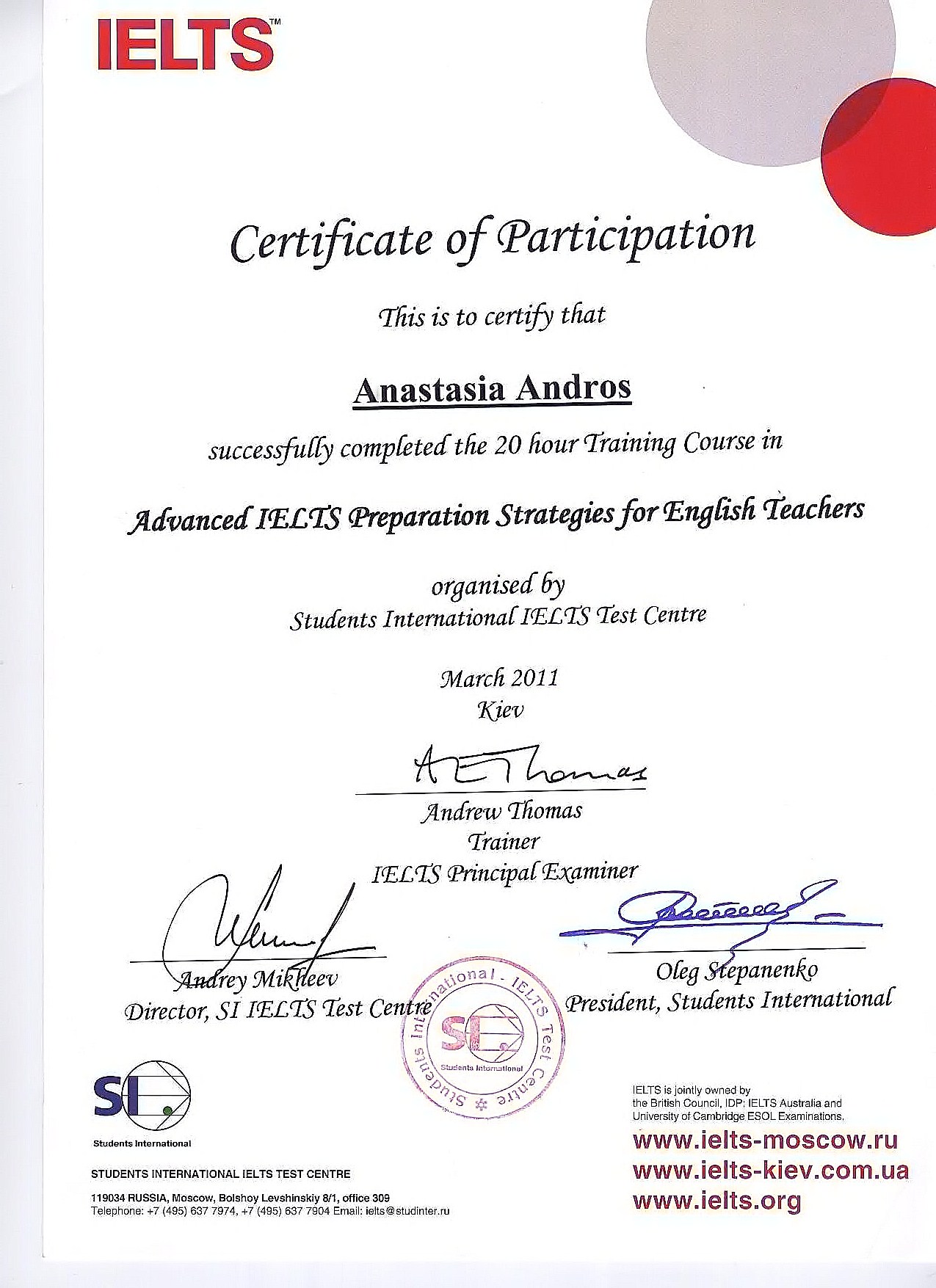
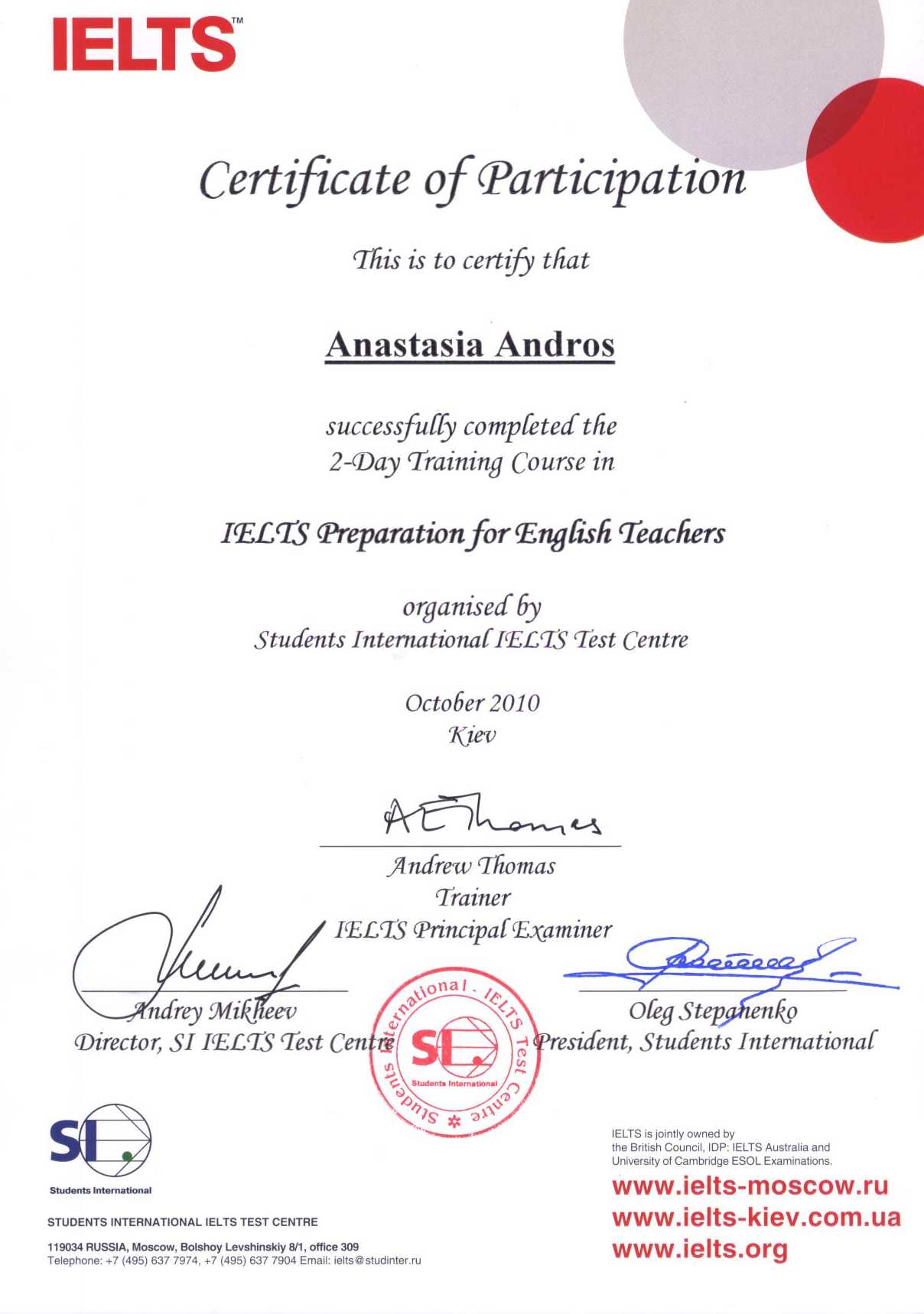
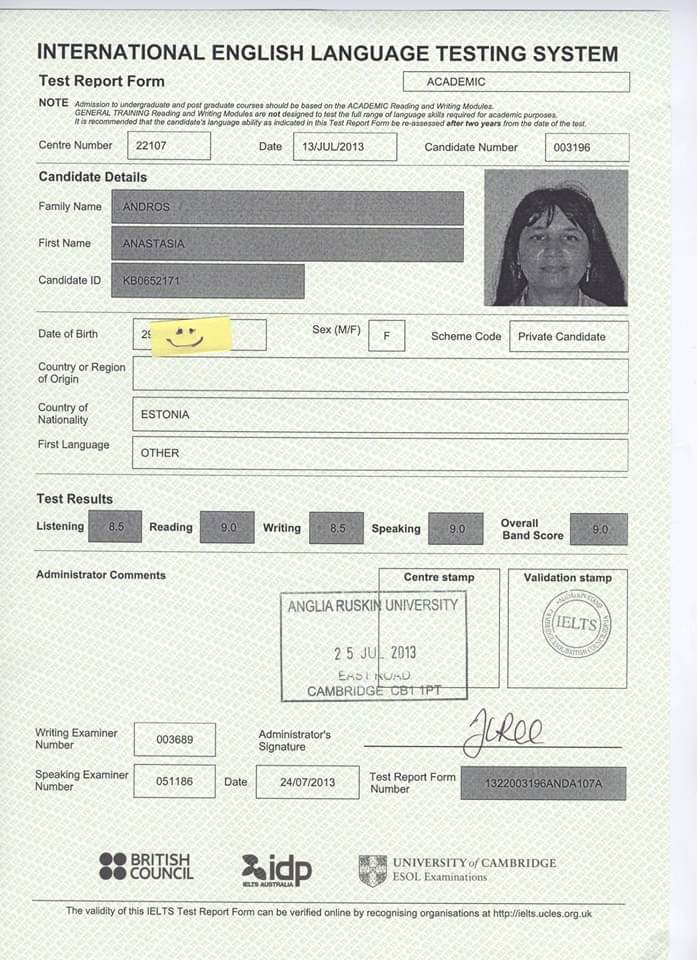
“Anastasia” is my forename, and so is “Stacey”. The former is of Greek origin and stands for “resurrected” or “brought back to life” in English. Some people prefer to call me “Stacey” for short. It is indeed shorter and easier to pronounce than “Anastasia”. I am fine with either name as long as both are not in use in the same conversation. “Andros” is my surname. It is also of Greek origin and means “a person” or “a man” in English. Despite having such a name, I am not an ethnic Greek. Actually, it is a bit of a mystery what my ethnic origin is, but this is the only mystery I do not want to solve 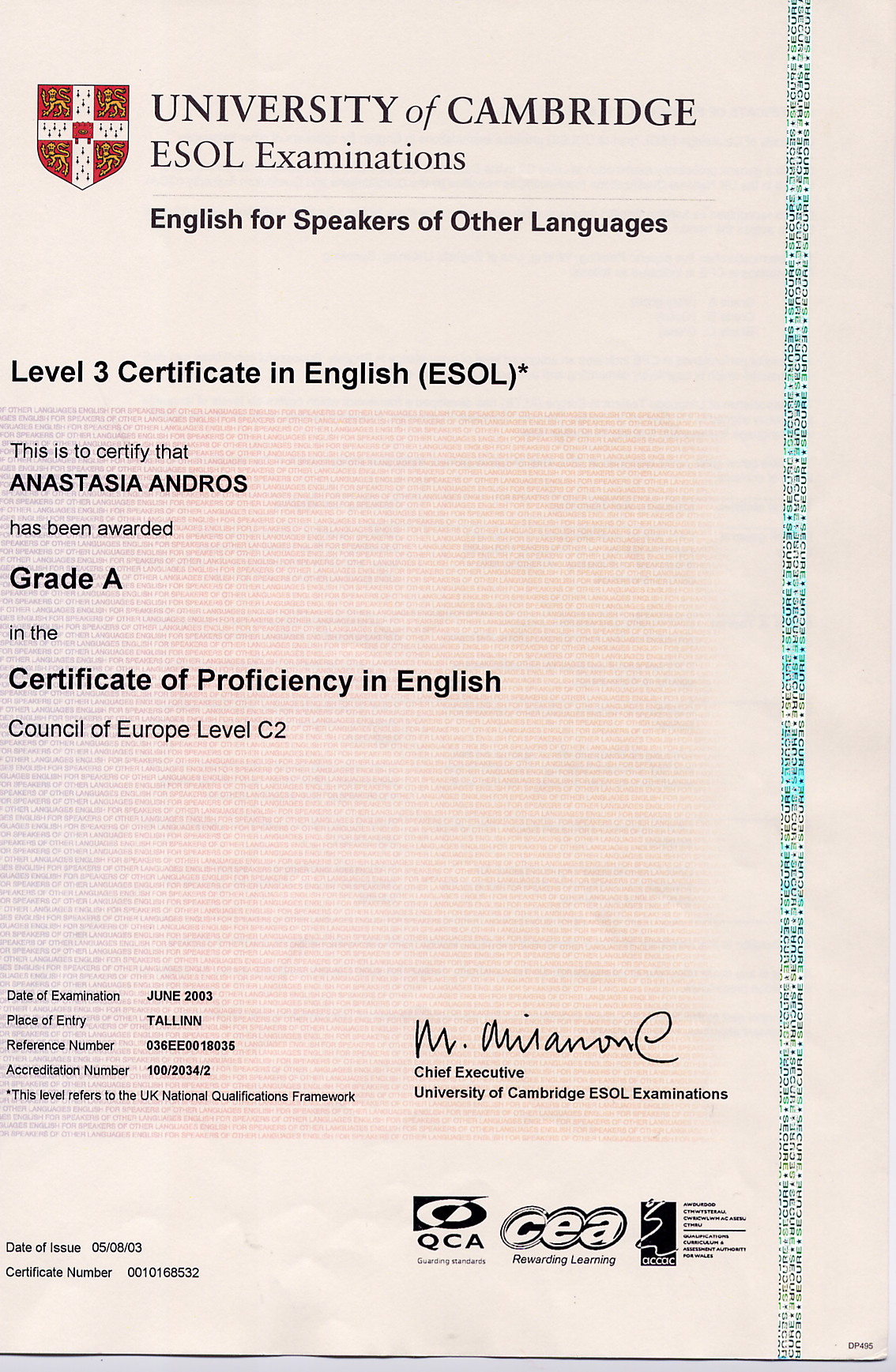 because my family is a real melting pot and I do not want to take sides or cause ethnic strife in my own home.
because my family is a real melting pot and I do not want to take sides or cause ethnic strife in my own home.
My life philosophy revolves around a few considerations. I fully agree with T. A. Edison in that opportunity is missed by most people because it is dressed in overalls and looks like work, and I agree that “you are damned if you do and damned if you don’t”, but I also think that you have to remember not to ruin things that you do not quite understand “for sport” (“if it ain’t broke don’t fix it”). Finally, the devil is in the details. Always. When it is not there, you must have overlooked the biggest detail: the big picture.
Feel free to connect with me on LinkedIn or apply to study or work at EnglishLab.Net

